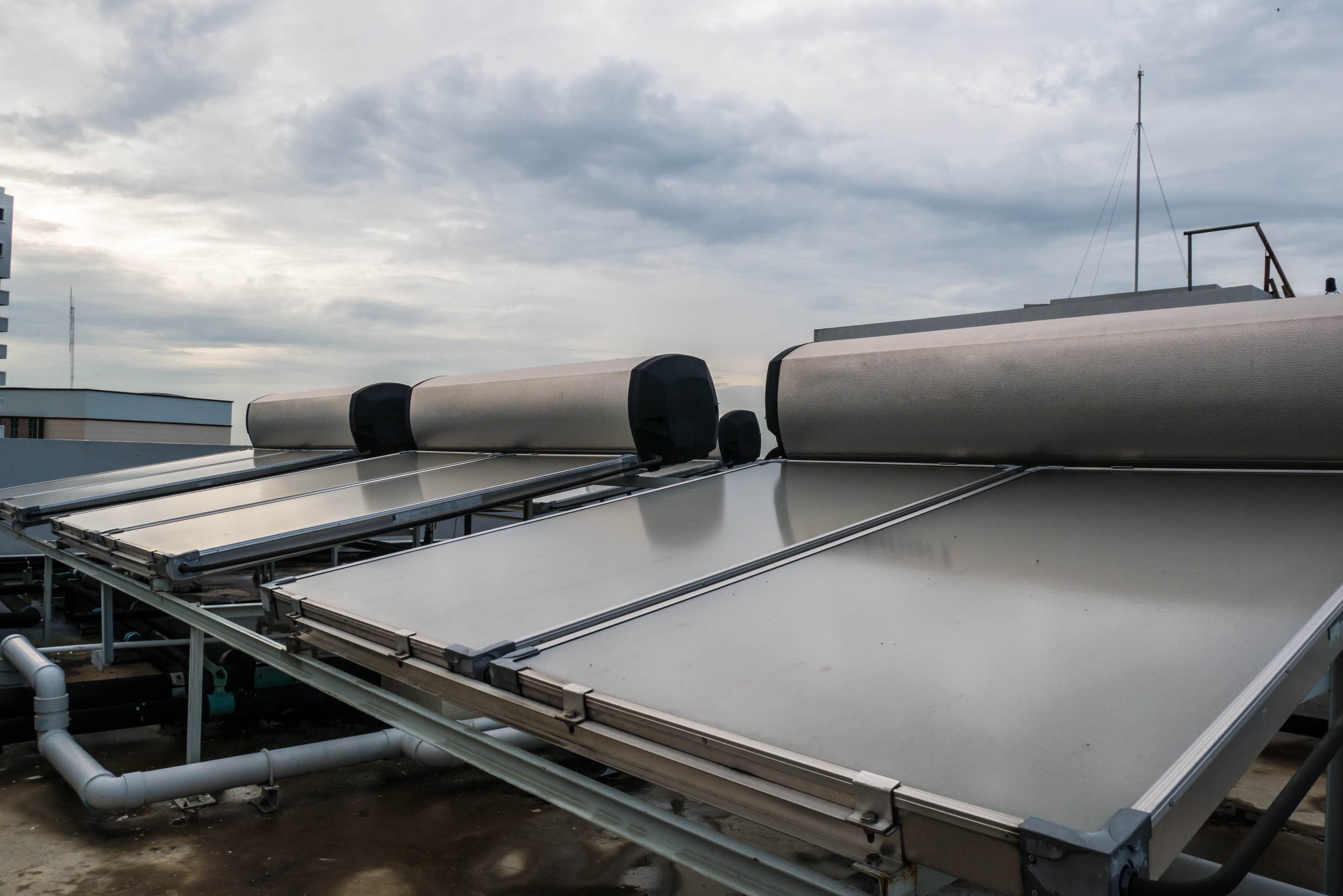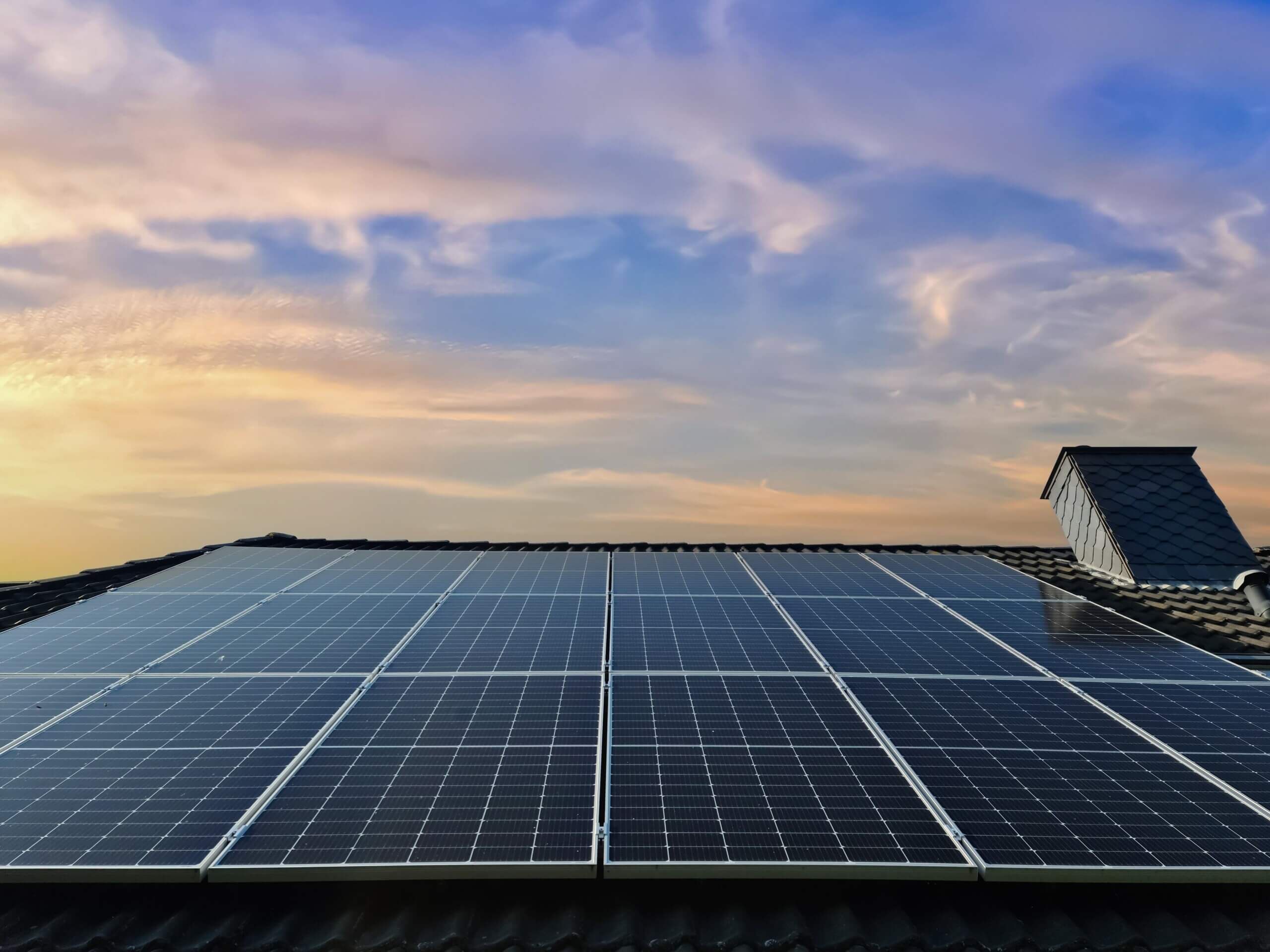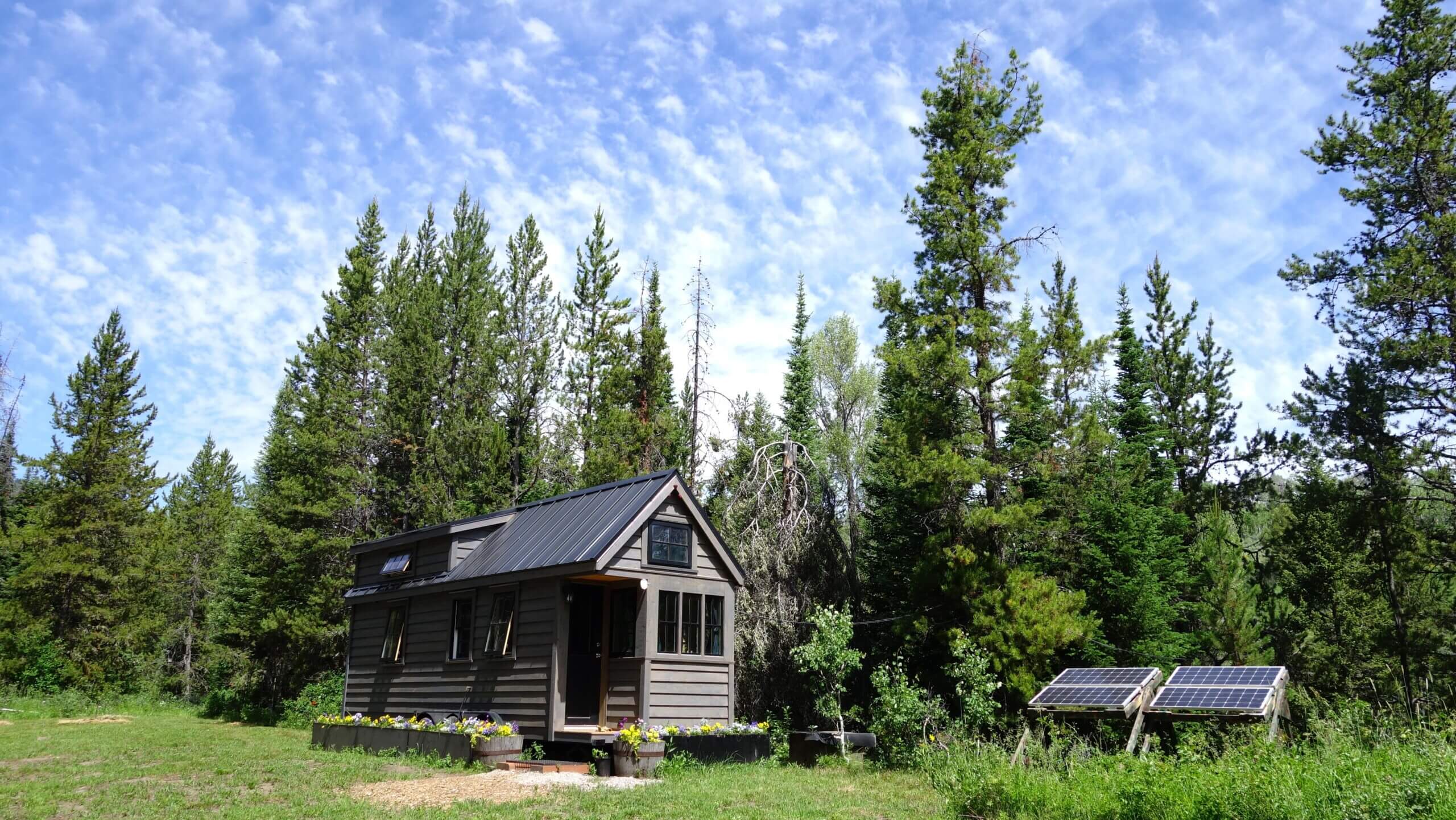How Many Solar Panels and Batteries Do You Need to Power a House?
If you’re considering installing solar panels for your home, you may be wondering how many you will need to cover your electricity usage. Unfortunately, it’s not always a simple answer.
There are a number factors that you’ll need to consider to determine how many panels and batteries you will need to power your house. We’ve put together a few general guidelines to get you started.

For specific advice about your situation, give the specialists at iBreeze a call. We can talk you through the different options and give you trustworthy, obligation-free advice about getting the system that’s right for your needs.
1. Figure out your household electricity usage
One of the first things you need to know is how much electricity you normally use. This can be done by looking at past electricity bills where you’ll find your total usage over the past month or quarter. If you have a smart meter, you’ll be able to see your daily usage.
Your power consumption is measured in kilowatt hours (kWh). An average Australian home uses around 15-20kWh per day, but this can vary considerably. For example, a single-person home may use around 8-9kWh per day, while a five-person family might use upwards of 30kWh per day.
If you have a growing family or plan on installing a pool down the track, don’t forget to factor in your future electricity needs as well. Knowing what your electricity needs are will help you find a system that works for your household.
2. Understand the different size systems
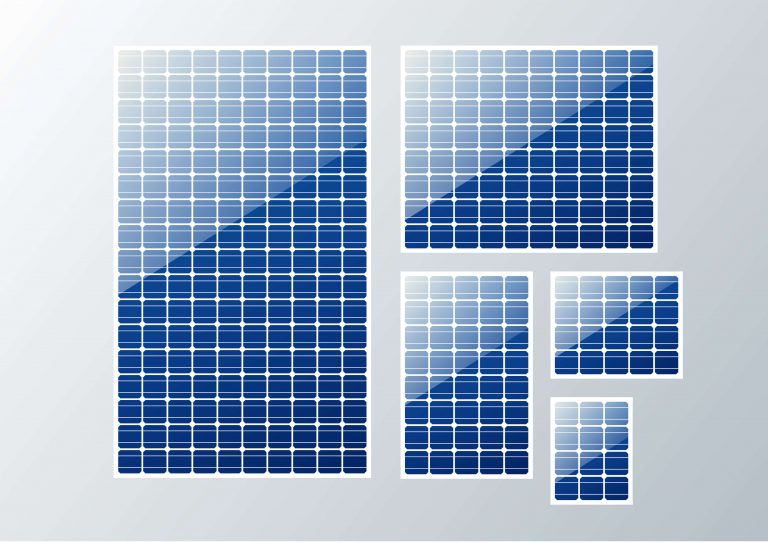
Solar panel systems are rated in kilowatts (kW). For example, you’ll find systems such as 4kW, 5kW, or 10kW etc. This number is more important than the number of solar panels because it tells you how much electricity your system will be able to generate.
Approximately 4kWh of electricity is produced per day from 1kW of solar panels. So, a 5kW system will generate approximately 20kWh on a good day with plenty of sunshine.
It’s important to note that the actual amount of electricity produced can vary greatly between locations and the time of year. However, these general rules can help you to understand how many solar panels you may need to get started.
- Small home (1-2 people) – 2kW system
- Medium home (2-3 people) – 4kW system
- Large home (4+ people) – 5kW + system
3. Consider the amount of roof space available
Before you can decide how many solar panels and batteries you need to power your house, it’s important to get a professional assessment of your roof space and surrounding environment.
Of course, the less roof space you have, the less panels you will be able to install. If your roof is heavily shaded throughout the day by another building or foliage, it might affect the placement of your panels.
Orientation is also a factor. To get the best performance, solar panels should be installed on a north facing part of the roof so that they receive maximum sunlight throughout the day.
However, north-east and north-west orientations can also work well. A combination of east and west facing panels may even be appropriate. A solar expert will be able to tell you what the best orientation for your home is.
4. Compare panel types and efficiencies
Solar panels usually fall into one of three categories: monocrystalline, polycrystalline or thin film. Each has different efficiency ratings and price points.
- Monocrystalline cells are cut from large silicon crystals and are the most efficient. They also cost more.
- Polycrystalline cells are created by using silicone moulds which makes them cheaper than monocrystalline cells, but slightly less effective.
- Thin film panels are cheap to produce, but much less efficient than the other types.
Before purchasing a solar power system, ask your installer about the life cycle and efficiency of the solar panels. Also, make sure you check the warranty to ensure you’re getting a system that will last you many years.
5. Keep your budget in mind
If you have the budget, it might be worth investing in a larger system to cover even your biggest usage days. Solar power systems are becoming more and more affordable and you could also be eligible for government rebates when you purchase solar panels.
For the average home, payback can take around six to eight years. Payback is getting back the costs outlaid on the initial purchase and installation. Solar systems have reduced considerably in price over the years, meaning that it’s quicker to get you money back on the initial installation. You may even be able to sell excess power back to the general grid which will provide more savings.
The more solar panels you install, the faster payback should be. Assuming you’re not installing more panels than you actually need. The solar panels are the cheapest part of the system, it’s the other components that add to the cost. So, it makes sense to get enough panels to cover your power usage if possible.
However, you can add on in the future if your energy needs change.
6. Know your options for battery storage
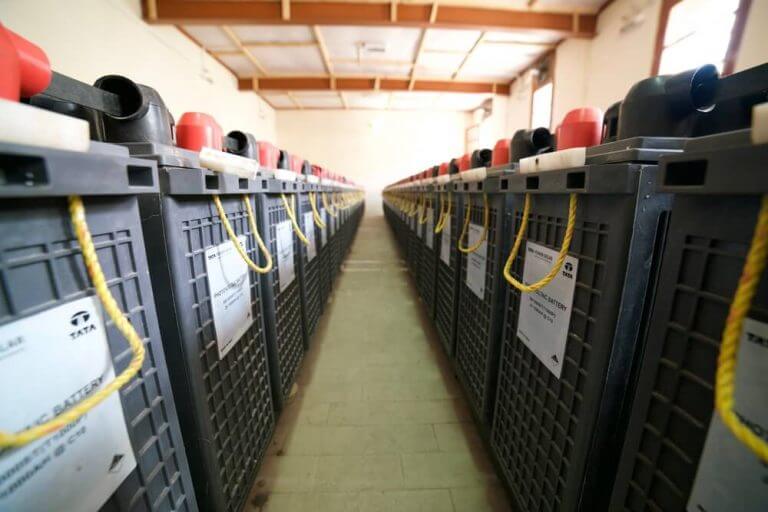
Solar panels produce electricity during daylight hours. If you spend most of the day out at work and have the highest energy usage in the early morning, evening and night time, you might want to consider solar battery storage.
Solar batteries allow you to store solar energy that’s produced during daylight hours so that you can use it when the sun isn’t shining.
Battery sizes are given as kilowatt hours (kWh). If 60% of your energy usage happens during night time hours, you might want a battery that can store that amount.
However, solar battery storage can be expensive and it might work out better if you only cover part of your night time usage and rely on the grid for the rest. A solar expert can help you figure out the most cost effective solution for your needs.
Lifestyle changes can help reduce your nighttime energy usage. For inspiration, check out our guide on how to get the max out of solar in Mandurah.
Still have questions? Talk with a solar specialist from iBreeze
Installing solar panels and solar batteries in your home is a great way to save money on energy costs. But if you’re new to solar power it can be tricky to know what’s going to get you the best return for your investment.
If you’ve got questions about solar panel installation in Mandurah, the team at iBreeze are here to help. Call us today on (08) 9534 9491 for advice you can trust and an obligation-free quote.
For energy efficient, effective heating and cooling solutions all year round, reach out to our team of specialists. We’ll deliver the highest comfort to both your residential and commercial space, no matter the size or scale.
Sunday Closed
Monday 9:00am – 5:00pm
Tuesday 9:00am – 5:00pm
Wednesday 9:00am – 5:00pm
Thursday 9:00am – 5:00pm
Friday 9:00am – 5:00pm
Saturday Closed
